June 14, 2016
Ten Great Gardening Hacks
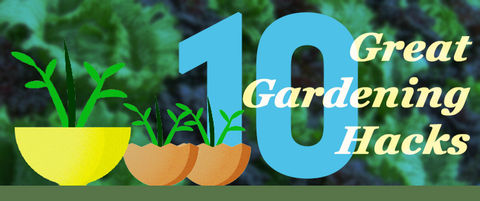
A lot of homeowners want to start a garden but balk at the thought of expensive tools and upkeep. The good news is, there are plenty of smart garden hacks that will allow you to start your own little gardening project ASAP. All you have to do is look around your kitchen, pantry, or garage for some inspiration and materials.
Hollowed-out lemon rinds make excellent starter pots
When life gives you lemons, either make lemonade or use the halved-out peels to cradle plants that are growing roots. Simply pack enough soil in the lemon hollow to keep the seedling upright, and you’re done! The citrus from the lemon will provide a nice acidic environment to help the plant thrive. Once the roots are strong enough for replanting, you can transfer it into a bigger pot.
Eggshells are super-handy in the garden
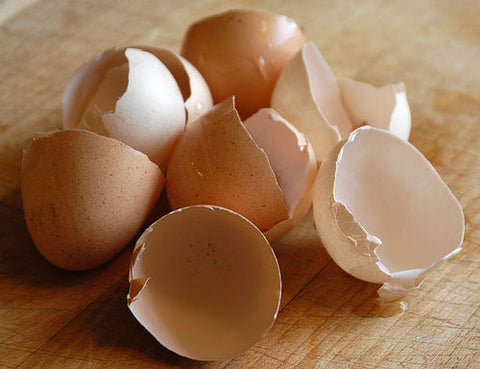
Eggshell halves also make great starter pots. This time, the components of an egg can give the soil and your seedling a calcium boost. Don’t throw away the egg cartons they come in - you can place your newly-planted seedlings there in a neat row. You can also crush some eggshells into fine powder to use as supplemental soil nutrient.
The tines of plastic forks can protect your garden from pets
Got cats, dogs, or other pets that love pawing at your plant and flower beds? You can recycle those dozens of plastic forks from picnics and takeaways by burying their lower parts in the garden soil. The sharp tines will discourage your pets (and unwanted creatures) from stepping on your plants.
...and their handles can serve as markers for seedlings
Simply write the name of the plant using a waterproof marker on the lower parts of those used plastic forks. That way, you can keep track of which plants need extra care and which are thriving at one glance.
Sand keeps gardening tools clean and sharp
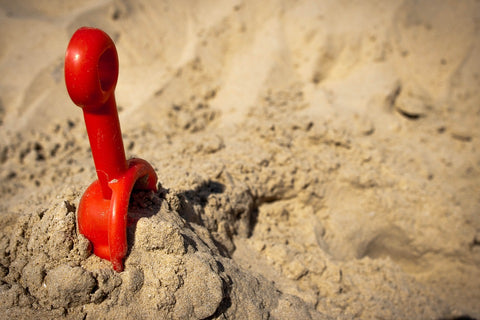
There is no need for pricey tool sharpening services, not when you have a bit of sand in a pot and some mineral oil. Seal the drainage hole in the pot, mix some sand with around 20 ounces of mineral oil, and lightly pack the mixture in the pot using a trowel. The abrasiveness of the sand will help sharpen your metal tools when you stick them in, while the oil will keep them from rusting.
Re-grow leftover veggies
Replenish your produce supply right away by planting the chopped up pieces of veggies you use. Garlic, spring onions, carrots, and celery are just some of the vegetables you can re-grow without much effort - right in your kitchen! Keep some seedling pots and enriched soil ready so that you can simply plant the seeds, roots, or tops of your favorite veggies and allow them to sprout in time for your next salad or dish.
Freeze herbs in an icecube tray to keep them fresh, longer
Basil, mint, and other herbs are great additions to dishes, but they can wilt pretty fast, resulting in food waste. The trick is to freeze leftover, chopped-up herbs in ice trays, either in water or olive oil. You can simply defrost the herb of your choice anytime you need it.
Collect rainwater in a barrel
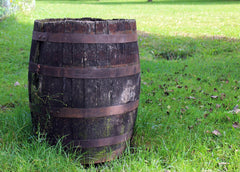
An old trash can or bucket will work fine for catching and storing water. Simply place it under a downspout so the water doesn’t all end up in the storm sewer. You can drill a hole in the barrel to connect a garden hose so it’s easier to water your plants, or just place a dipper inside. Cover the barrel to keep bugs and debris away.
Seed-swap instead of buying new packs
New seeds can get expensive if you buy them on a regular basis. If you’re part of a gardening club or forum, you can always barter with other members for seeds you want to grow, with the seeds you have an abundance of. You can also swap seedlings, herbs, and vegetables at local farmers’ markets.
Vinegar can be a an effective organic weed killer
Forget about harmful pesticides. The best weed killer is sitting right in your kitchen pantry (and it’s cheap): vinegar! The acetic acid found in vinegar makes it an effective weedicide. A cup of vinegar combined with half a cup of liquid soap in ⅔ quart of water is enough to kill those weeds. However, care must be taken not to spray it everywhere on your vegetable or plant bed, as it can wilt leaves and roots by drawing out moisture.

Also in Rubber Mulch Blog

The All Year Round Checklist for Rubber Mulch Maintenance
February 18, 2026
Have you noticed most recreational areas and play grounds in commercial spaces, schools, and residential places have rubber-specific mulching?
You must be curious why this landscaping trend has become popular.
It's because more people want eco-friendly and low-maintenance landscaping materials. Mulch made from rubber stands out for its durability and ability to suppress weed growth.
This article explores how you can maintain rubber mulch throughout the year to maximize safety, lifespan, and functionality.

Embracing Eco-Friendliness by Choosing Rubber Mulch for Your Playground
June 17, 2025
“Reuse, Recycle, and Reduce” are three main aims when it comes to preserving the health of our planet. Rubber mulch definitely falls within their scope. Conserving resources, energy efficiency, and better health for kids are all rubber mulch benefits.
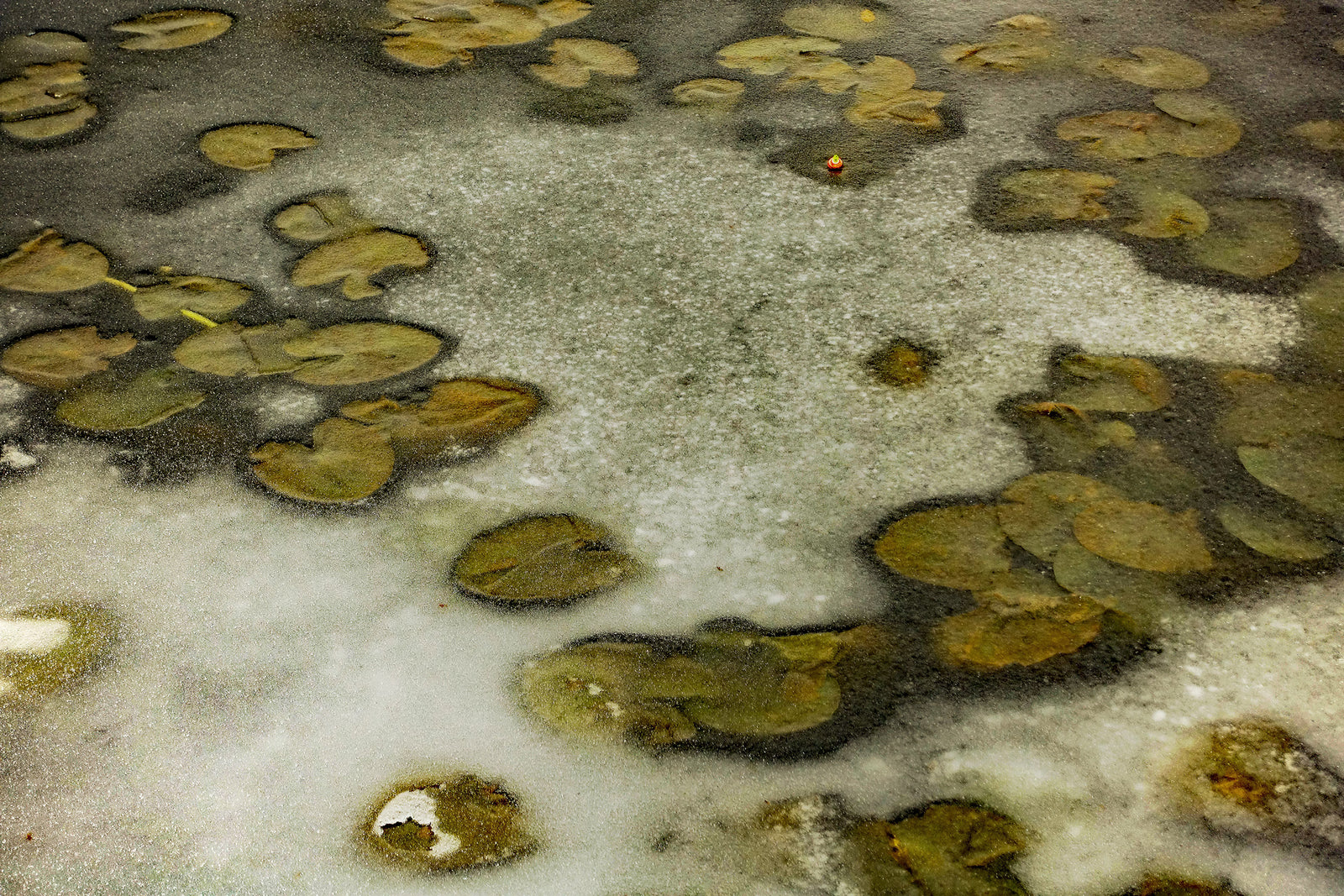
Effective Mold and Fungi Prevention: The Hidden Value of Rubber Mulch
October 31, 2024
shop
Copyright © 2026 RubberMulch.com - All Rights Reserved.






